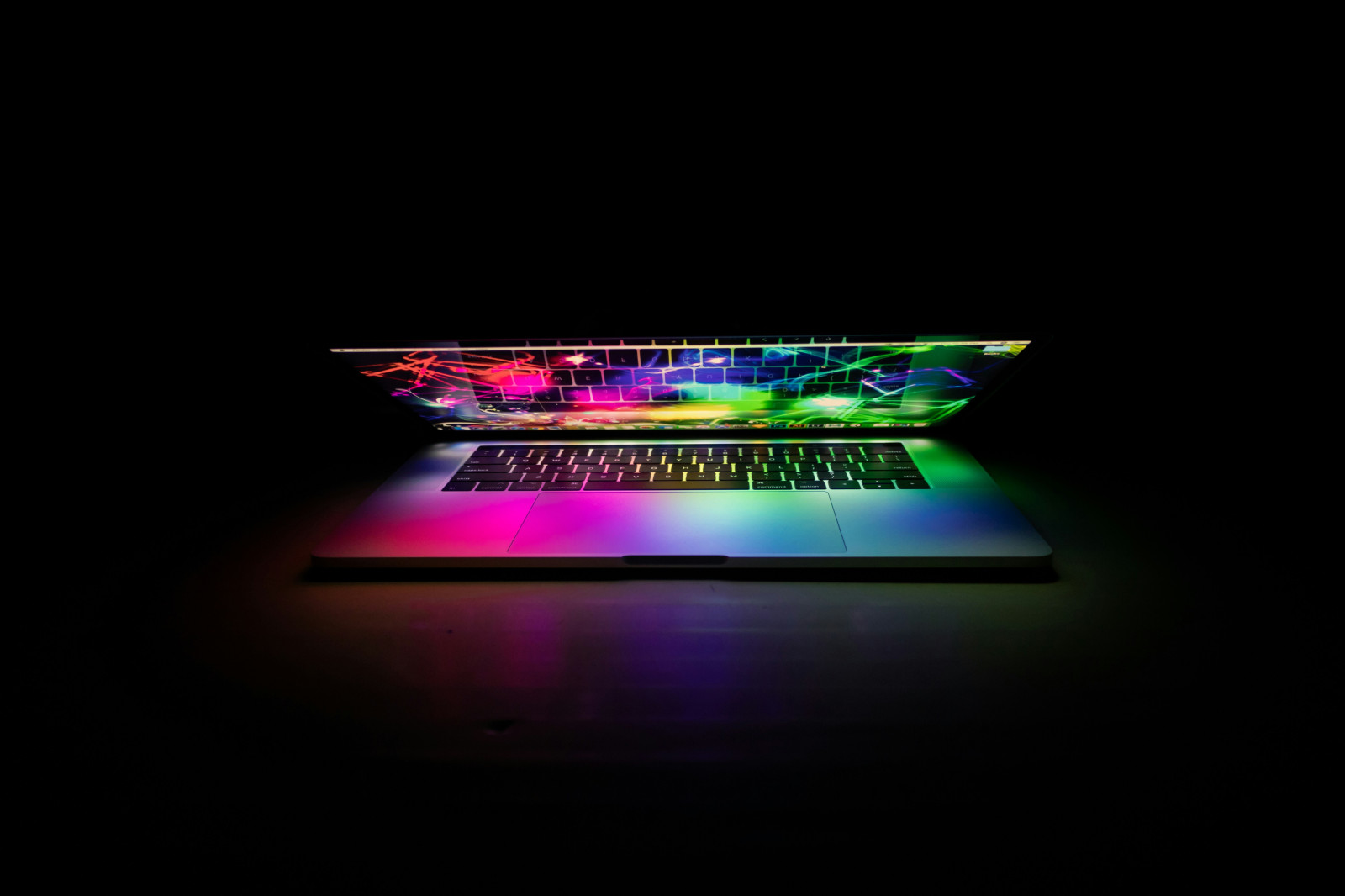The new soft power and its hidden rules

Photo: Dhaval Parmar

Throughout the 20th century, particularly the second half, many Western countries – such as the US, UK, and France – increased their global influence through the use of cultural soft power. This was done through tools like Voice of America and the BBC World Service, as well as via movies, TV, journalism, and music. The oft-discussed ‘globalisation’ of culture was, more accurately, a westernisation of global culture. With local-language entertainment growing more popular, audiences fragmenting, and ongoing budget cuts to the World Service and (to put it diplomatically) an uncertain future for Radio Free America, the soft power era may appear to be over. It is not.
Just as the much-heralded end-of-the-gatekeepers was in fact a replacement of human tastemakers with algorithmic ones, so too the human soft power era has been replaced by an algorithmic one. Over the course of the last decade, American tech companies have assumed a dominant cultural and social role in the lives of consumers across the globe. In doing so, the corporate ideologies of these companies (manifested in their algorithms and strategies) now shape the way the world sees itself, just as – if not more than – traditional soft power strategies did. Most pertinently for entertainment, these companies have collectively formulated a new set of rules for cultural success, that stack the deck so that the house always wins.
The leaders of these companies and their investors often have firmly held political beliefs. They often see the companies as tools for furthering their views and agendas – even if those agendas are to manufacture new problems to sell solutions to (which, of course, is part of why the US is so concerned about TikTok). While the old soft power era aimed to propagate (at least in theory) the cultural and political views of entire nations, US tech soft power furthers the worldview of one particular slice of US society.
Sometimes this is done out in the open (e.g., Elon Musk / X) but more often, the implementation is subtler. Because the inner workings of algorithms are closely guarded corporate secrets, not even governments, let alone consumers, are privy to how they are influencing thinking, beliefs, and behaviour. The geo-political and social implications are vast, but the impact on entertainment and culture is also profound.
When you are in the midst of change, it can sometimes be hard to understand just how dramatic and significant it actually is. The numbers alone show just how much the influence of US tech companies has increased over the last ten years.
Featured Report
Social 2025 Navigating platforms for fan power
The biggest apps are in the process of disruption. TikTok’s uncertain future and Meta’s apps relaxing content restrictions and fact checking will constitute greater challenges for creators, advertisers, and audiences looking to use and benefit from these platforms.
Find out more…In that time, streaming has come to dominate music and TV revenues, while social has simultaneously given birth to the creator economy and become the collective gatekeeper for entertainment discovery, with often less-than-satisfactory results. It is social’s role that is the most far reaching and that entertainment companies and creators are least able to influence. The result is that entertainment industries have become governed by a new set of rules that they did not write:
- Make more content, more quickly
- Try fast, fail fast
- Chase virality, not longevity
- Bring value to ‘discovery’ platforms but extract little or no value in return
- Compete with everything and everyone for attention
- Accept toxicity as a cost of doing business
What these rules have in common is that the outcomes benefit the platforms more than creators and rightsholders. Social and streaming platforms have an insatiable appetite for content, and the burden for meeting that falls on creators and rightsholders. This appetite is not some unintended consequence, it has been engineered by the platforms in order to meet and increase demand of their users. Pouring gasoline on the viral fire might burn bright, but once the initial flames die down, they often leave behind nothing but scorched earth.
Meanwhile, entertainment companies have been forced to re-engineer their businesses to abide by these new rules. And there are few among them that would argue that the outcome is positive, with a recent quote from WMG’s Elliot Grainge serving as a case in point:
“The whole point of the algorithm is to feed you content that triggers a dopamine response in your brain. It can be really negative and addicting… Those who truly succeed aren’t the loudest; they’re the ones with their heads down, grinding, unsure if it will even work, but going for it anyway… Don’t take the bait and fall for it.”
AI looks set to take everything up a notch, not least because some of the investors behind the AI companies favour dramatic copyright reform, in some cases even seeing it simply as a hindrance to tech’s future. If you want to take a conspiracy theory approach, you could make the case that one of the reasons the big AI companies have received such massive levels of investment is to provide war chests for fighting precedent-setting copyright cases that will further the ideological ambitions of their investor backers.
So, what can be done? There are two alternatives:
- Continue as we are, with tomorrow becoming an even more intense version of today
- Begin plotting a different path
Few would want the first option, but the second could seem like a Herculean task. Yet, it might just be that a window of opportunity has presented itself in the shape of the new US tariff regime. More on that in my next blog post!

The discussion around this post has not yet got started, be the first to add an opinion.